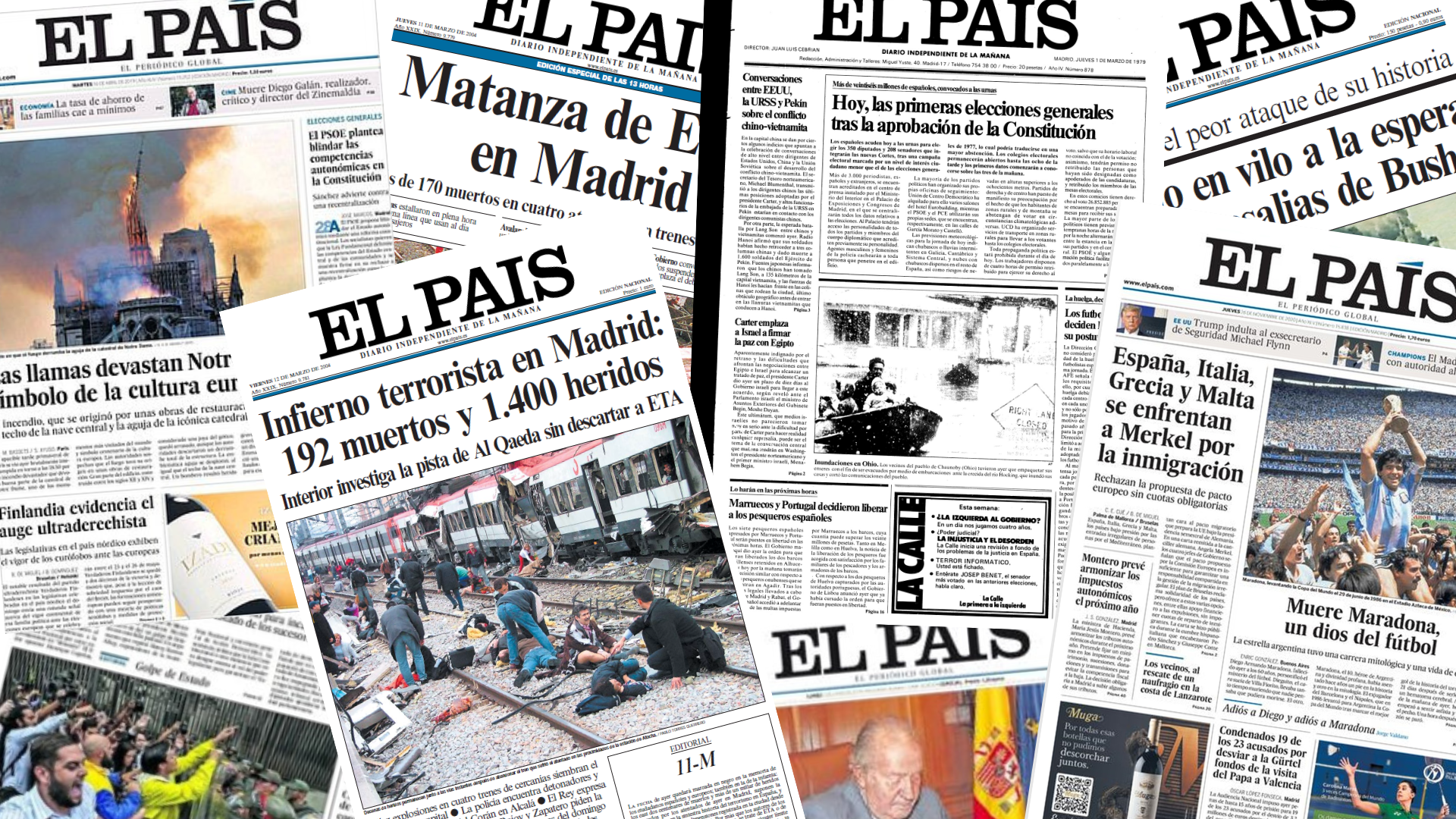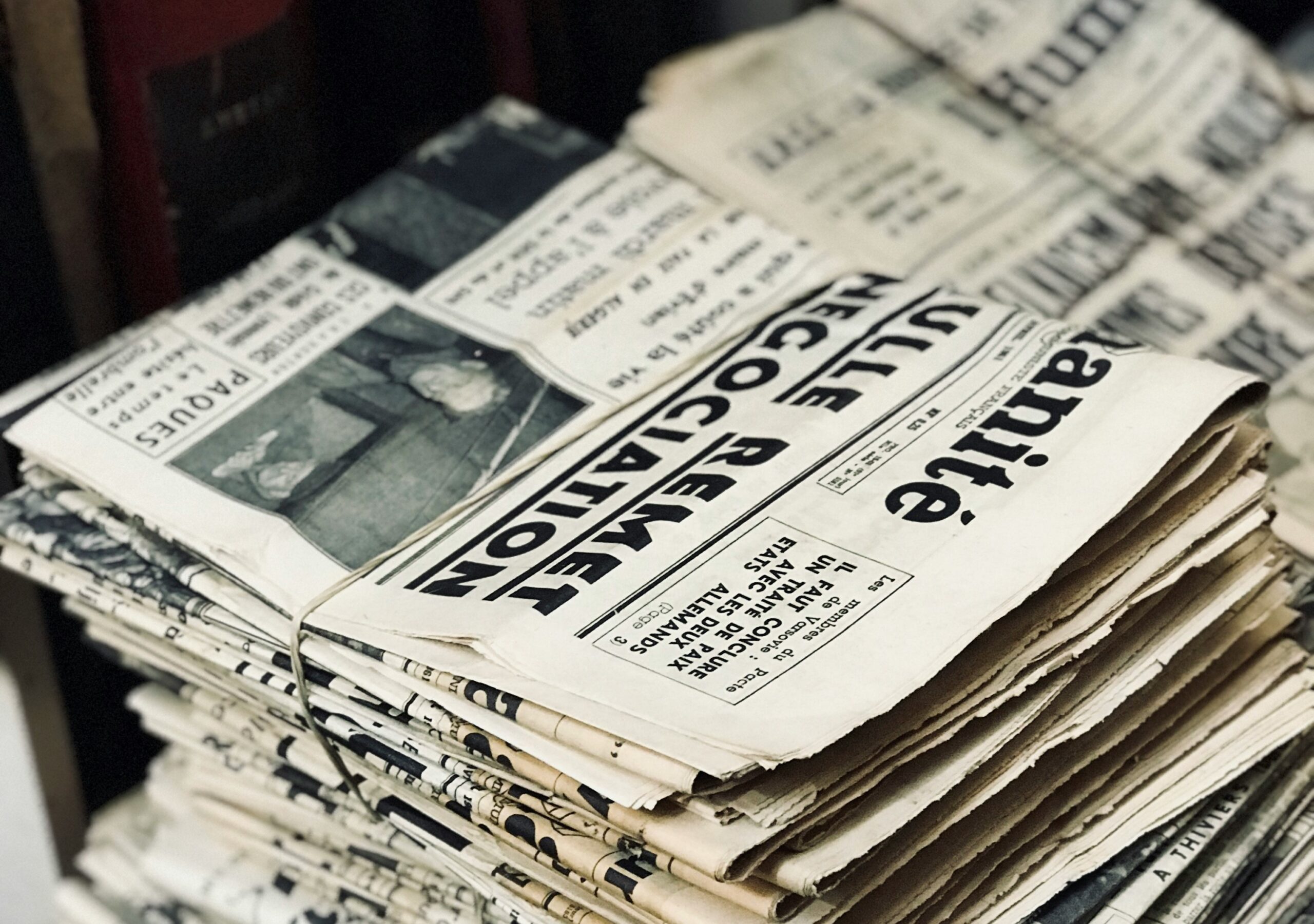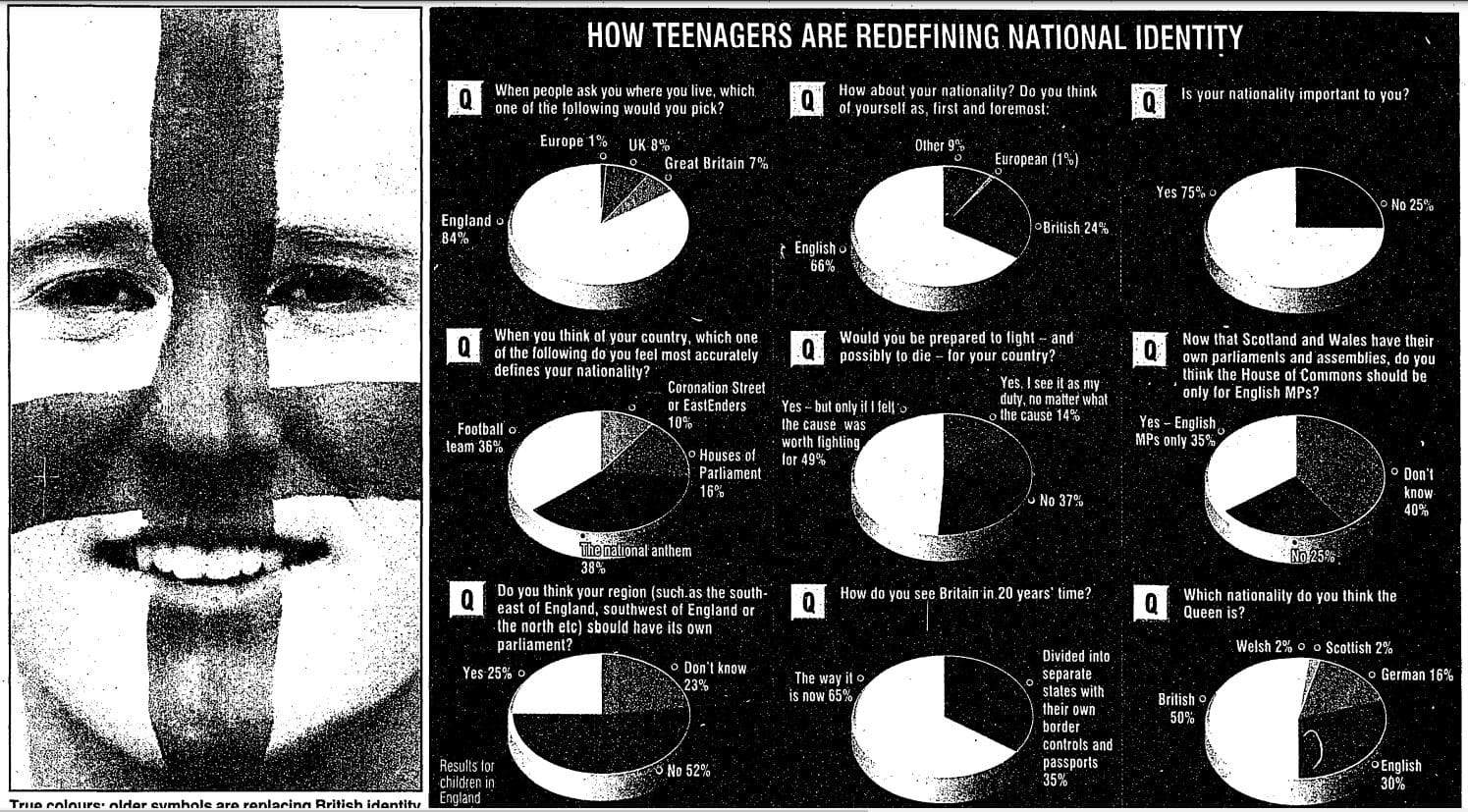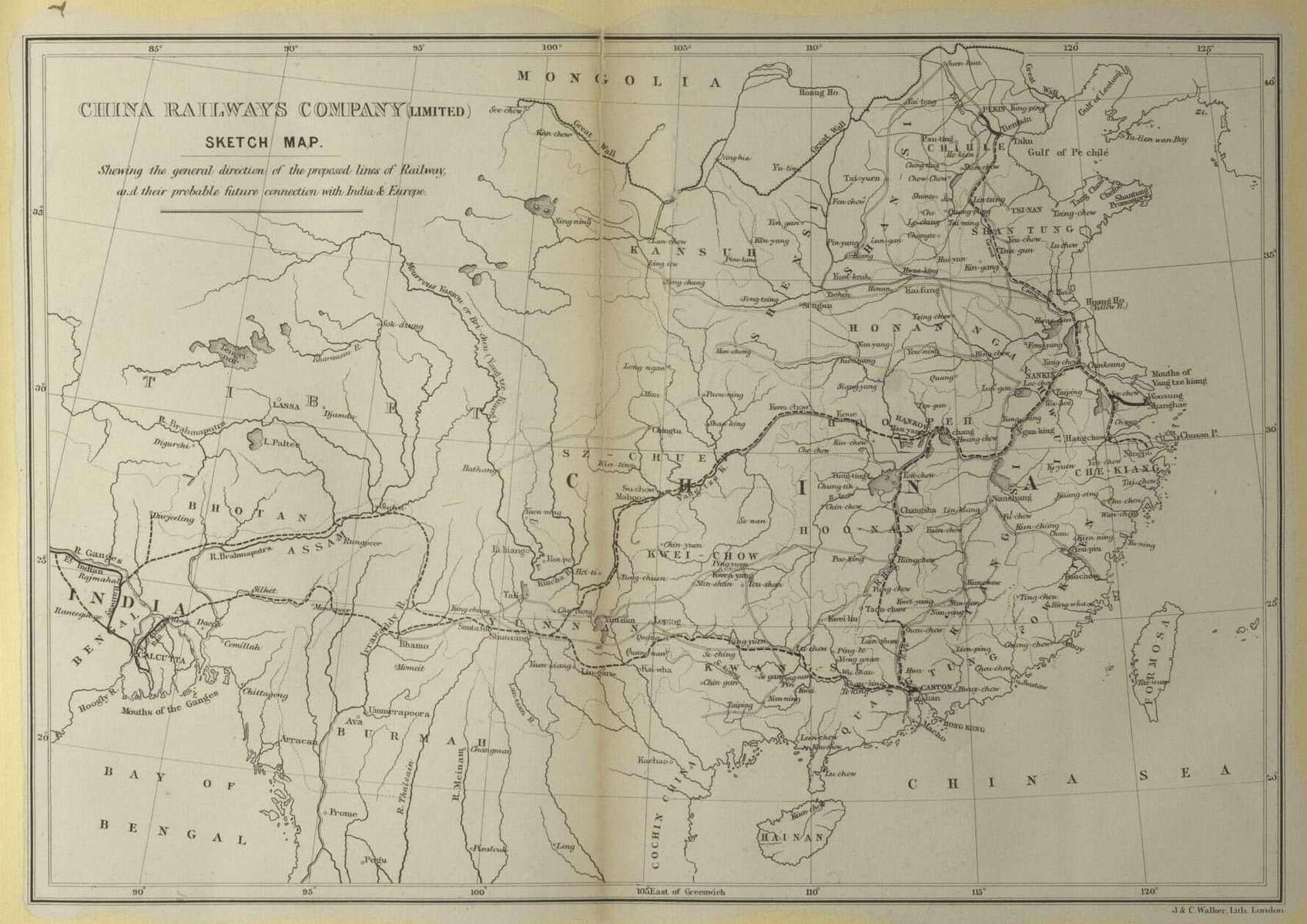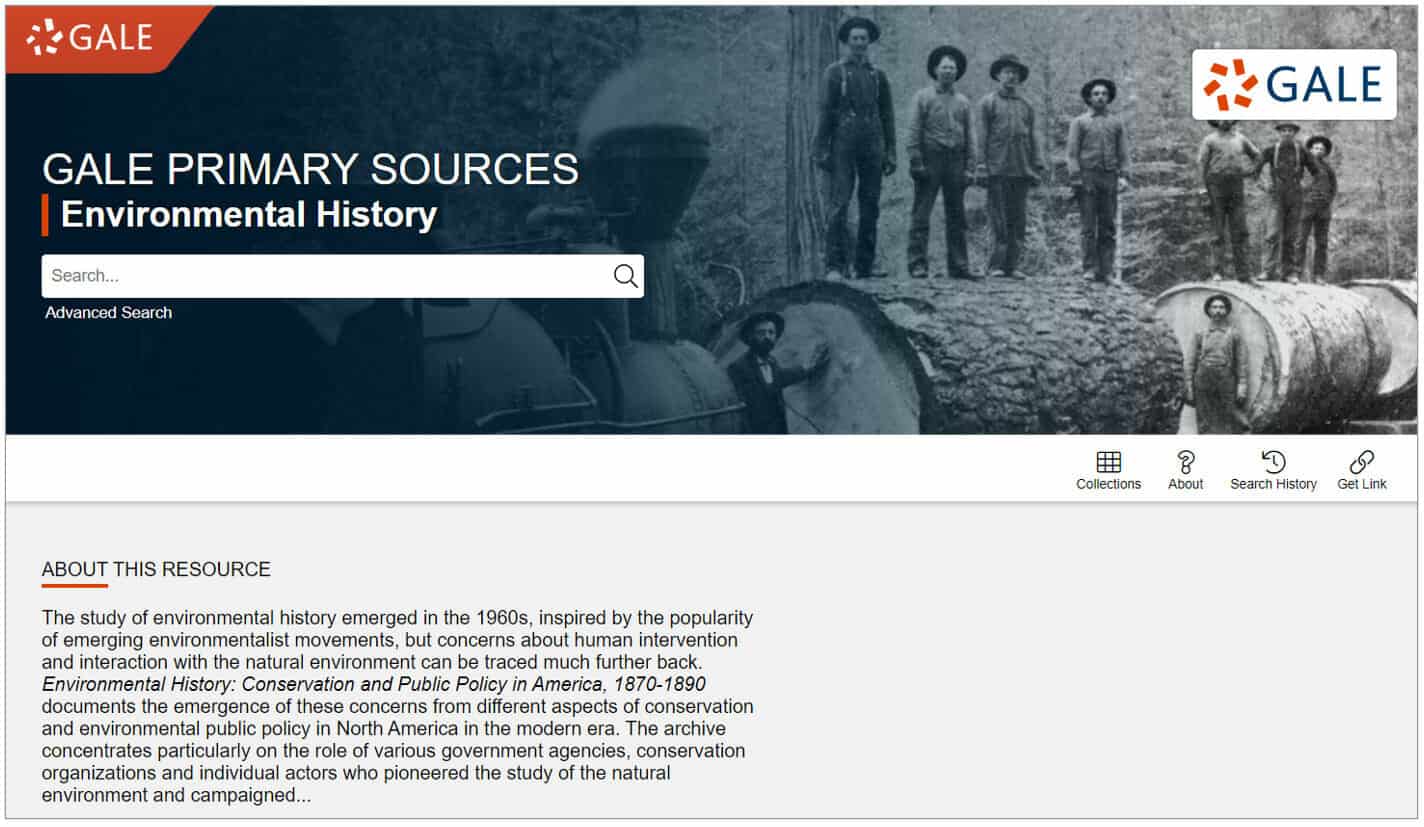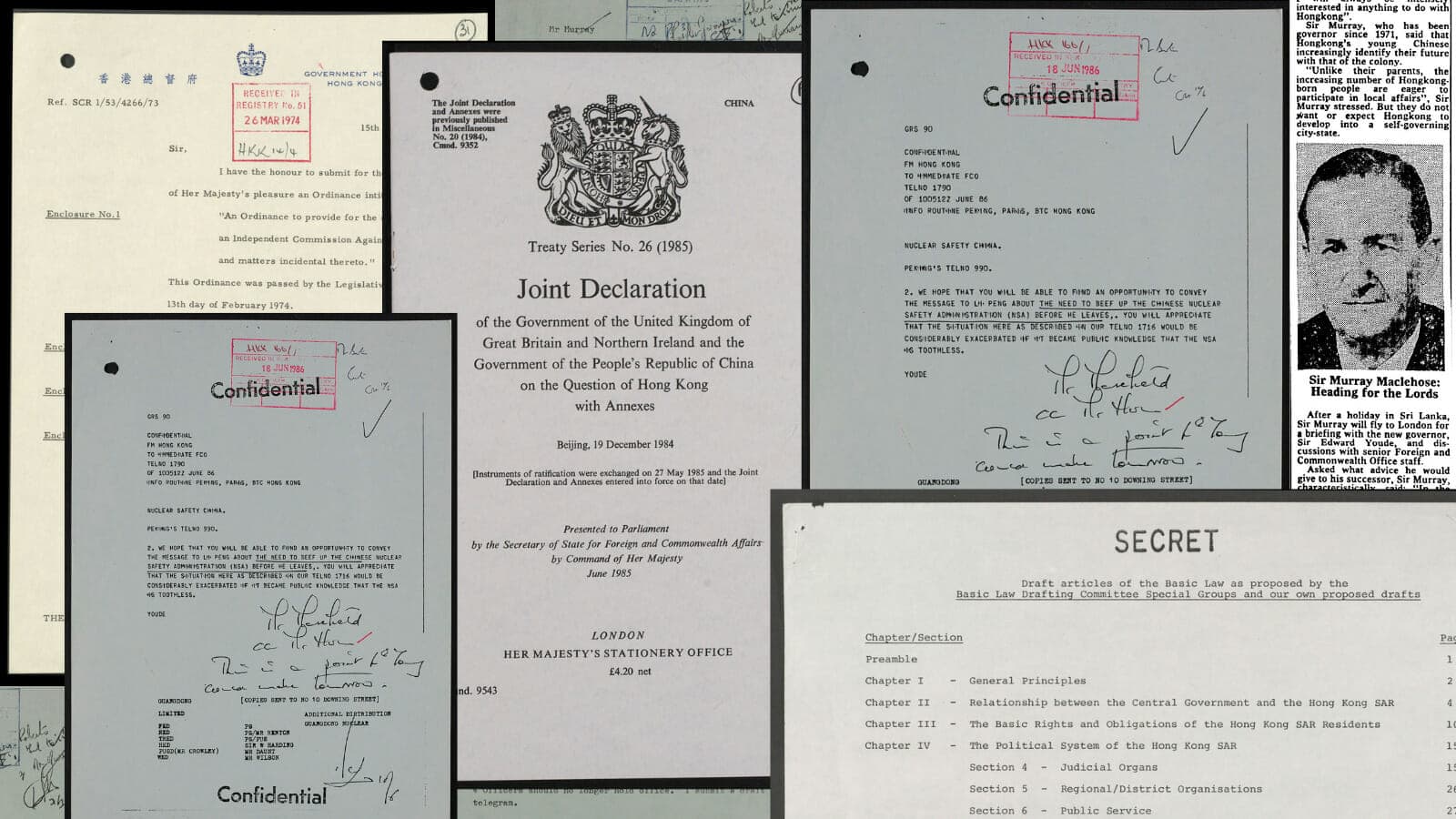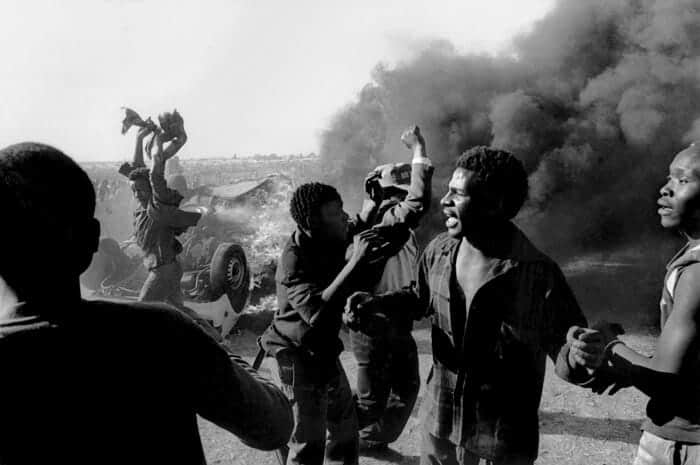│By Phil Virta, Senior Acquisitions Editor, Gale Primary Sources│
¡Bienvenidos a todos! En este artículo aprendemos detalles sobre El País, el periódico global en Español. La palabra “país” se refiere a una nación o territorio que forma una unidad geográfica, política y cultural, con su propio gobierno y leyes.
In English, welcome everyone! In this article we are going to learn about El País, the global Spanish newspaper. The words “el país” mean “the country”, and in this case refer to Spain itself.

